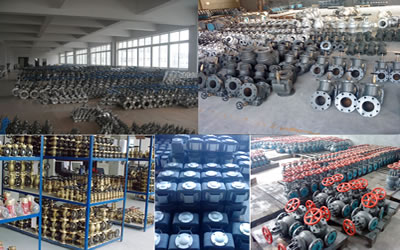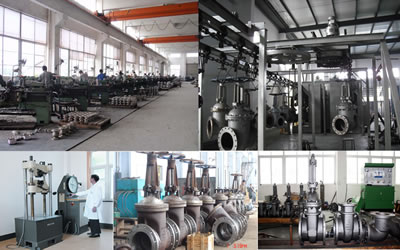The UK's maritime sector promotional body, Maritime UK, has urged the government to develop a new and unique customs agreement between Britain and European Union (EU) following the country's exit from the EU.
The recommendation was made after the UK Government published a series of new trade and customs papers regarding potential post-Brexit arrangements.
Maritime UK noted that it favours the option of establishing a unique customs agreement between the UK and EU out of the two possibilities offered in the new papers.
Members of Maritime UK have also convened with UK Member of Parliament (MP) and Exiting the European Union Committee chair Hilary Benn to discuss the new documents.
Maritime UK chairman David Dingle said: “Whilst it’s welcome and prudent that the government is actively preparing for a no-deal scenario, we want to see maximum effort being dedicated to achieving a successful deal.
“A successful deal preserves as many of the current benefits of the customs union as possible.
“The fact that no-deal is now being spoken about so readily is a reflection of the slow progress being made in the negotiations.
"We recognise that whether there is a deal or not will ultimately depend upon a political decision taken by both sides.
"Failure to secure a deal will not only see delays and disruption at ports like Dover, Holyhead and Portsmouth, but also in the EU at ports like Zeebrugge, Calais and Dublin.”
According to a study commissioned by the promotional body, the UK's maritime sector is responsible for driving 95% of the country’s global trade.
It also supports roughly one million jobs and contributes around £40bn to the UK's gross domestic product (GDP).
The marine industry is estimated to provide £14.5bn in Gross Value Added (GVA) and 185,700 jobs to the UK in 2015.
The study was conducted by Centre for Economics and Business Research and has also found that the marine and shipping industries are the biggest components in terms of economic activity, contributing £6.5bn and £4.3bn in GVA respectively, in 2015.
Both areas directly supported around 99,500 jobs and 50,800 jobs respectively in 2015, according to the research.




